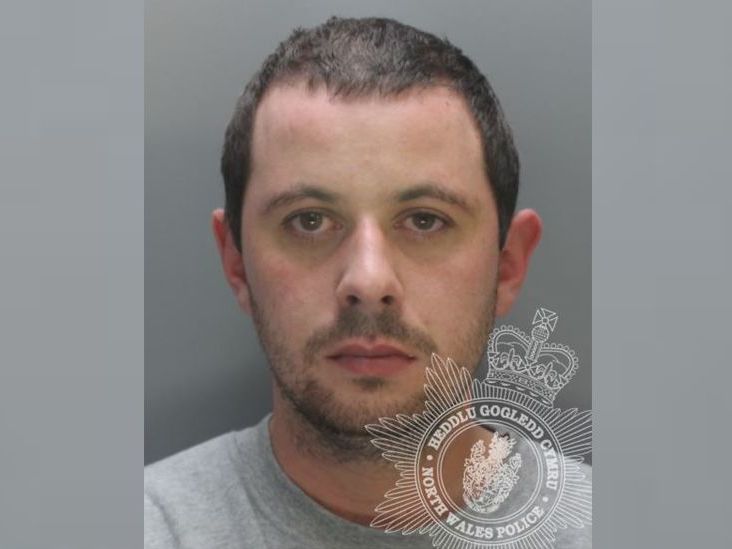Woman killed by ex-boyfriend after police were warned 18 times of his abuse
Laura Stuart told officers her partner was threatening ‘to finish her’ three days before attack

A woman was killed by her ex-boyfriend after reporting his abuse to police 18 times before her death, it has emerged.
Laura Stuart was subjected to escalating “distress, isolation and humiliation” in the two years leading up to her death, an independent report into police conduct found.
The 33-year-old was murdered by her former partner Jason Cooper as she was walking home from a night out in Denbigh, North Wales, on 12 August 2017.
Cooper stabbed Ms Stuart in the street with a kitchen knife and then kicked her in the face and chest after she had collapsed to the pavement. She died in hospital two days later.
Three days before the attack, Ms Stuart had warned police that Cooper was threatening “to finish her”.
Cooper was jailed for 31 years over her murder in March 2018.
Ms Stuart is one of 55 British women killed by men they knew after they had reported abuse over three years between 2015 and 2017, a Freedom of Information request found. Across Wales, nine women were killed.
The Independent Office for Police Conduct (IOPC) found 18 reports were made to North Wales Police between August 2015 and August 2017 concerning Ms Stuart and Cooper, including allegations of assault and verbal altercations.
“Reports made to police included allegations that Mr Cooper had used violence, made threats, had financial influence over Laura, attempted to remove her from the house following arguments and had threatened to distribute intimate photographs of her,” Mel Palmer of the IOPC said.

But prior to Ms Stuart’s murder, Cooper was not arrested or interviewed about the alleged domestic abuse.
In addition, his phone was not seized to progress allegations of harassment, stalking or malicious communications.
However, the report did find police made “numerous, unsuccessful attempts” to get accounts from Ms Stuart of two allegations of assault. But officers did not pursue additional safeguarding measures beyond referring her to other agencies.
One police officer was also found guilty of misconduct by failing to comply with police domestic policy after Cooper sent threatening messages to Ms Stuart.
Welsh Women’s Aid said the report was “yet another stark reminder of the devastating impact of domestic abuse”.
The organisation called for more effective training of officers and in responding to reports of abuse and taking action to hold perpetrators of abuse to account.
“Any disclosure of abuse must always be treated with the highest priority,” it added. “The risk posed by stalking and harassing behaviour, whether this is in person or via phone calls, texts or social media must not be downgraded or dismissed.”
Following the report’s publication, Ms Palmer of the IOPC said: “The range of characteristics and dynamics of domestic abuse mean that police officers need to be vigilant.
“Incidents that may be perceived as low-risk need to be viewed as part of a bigger picture so that forces view risk holistically to better safeguard women like Laura.”
Since Ms Stuart’s murder, North Wales Police said it had now changed how it deals with domestic abuse calls.
It has made it best practice for officers to activate body-worn video equipment when attending domestic abuse incidents and employed a trainer to educate staff in dealing with different situations.

Ms Stuart’s mother Liz Griffiths previously told the BBC that her daughter had been “let down” by police.
“He [Cooper] just wouldn’t leave her alone … He would text her saying, ‘If I can’t have you, nobody’s going to have you,’” she said.
“If they’d [the police] actually spoken to him, actually physically went and spoken to him, gave him a little bit of a push to say stop messaging her and stop harassing her, I think maybe he would have listened – you’d hope that he would have listened.”
Superintendent Nick Evans said the force accepted the findings of the IOPC investigation.
“This has resulted in improvements to our policy on how domestic abuse incidents are dealt with, further training for our frontline staff and an investment in an increased number of domestic abuse specialists,” he said.
Bookmark popover
Removed from bookmarks